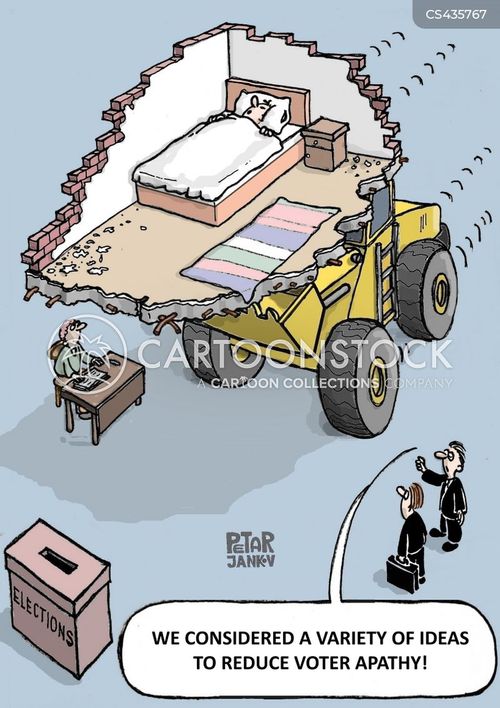

Those with less income and education are markedly more likely to be low trusters. The more education Americans have, and the greater their household income, the greater the likelihood they are high on the personal trust spectrum.

The older a person is, the more likely they are to tilt toward more trustful answers. The share of whites who show high levels of trust (27%) is twice as high as the share of blacks (13%) and Hispanics (12%). There are some notable demographic variations in levels of personal trust, which, even in these new contexts, follow historic trends captured by the Center and other researchers. Some 41% hold mixed views on core personal trust questions. About a fifth of adults (22%) display consistently trustful attitudes on these questions, and roughly a third (35%) express consistently wary or distrustful views. Then, we built a scale of personal trust and distributed people along a spectrum from least trusting to most trusting. To explore these connections, we asked questions about people’s general trust or distrust in others, their sense of the exploitative tendencies or fairness of others, and their assessment of the overall helpfulness or selfishness of others. Levels of personal trust are associated with race and ethnicity, age, education and household income. This research is part of the Center’s extensive and ongoing focus on issues tied to trust, facts and democracy and the interplay among them. In addition to asking traditional questions about whether Americans have confidence in institutions and other human beings, the survey explores links between institutional trust and interpersonal trust and examines the degree to which the public thinks the nation is shackled by these issues.
#DEMOCRACY 3 APATHETIC ELECTORATE FULL#
The margin of sampling error for the full sample is plus or minus 1.5 percentage points. 10, 2018, using the Center’s nationally representative American Trends Panel, covers a wide range of trust-related issues and adds context to debates about the state of trust and distrust in the nation. Some believe their neighborhoods are a key place where interpersonal trust can be rebuilt if people work together on local projects, in turn radiating trust out to other sectors of the culture. Among the solutions they offer in their open-ended comments: muffle political partisanship and group-centered tribalism, refocus news coverage away from insult-ridden talk shows and sensationalist stories, stop giving so much attention to digital screens and spend more time with people, and practice empathy.

Fully 84% believe the level of confidence Americans have in the federal government can be improved, and 86% think improvement is possible when it comes to the confidence Americans have in each other. This kind of apathy and disengagement will lead to an even worse and less representative government.” Another addressed the issue of fading interpersonal trust: “As a democracy founded on the principle of E Pluribus Unum, the fact that we are divided and can’t trust sound facts means we have lost our confidence in each other.”Įven as they express doleful views about the state of trust today, many Americans believe the situation can be turned around. In a comment typical of the views expressed by many people of different political leanings, ages and educational backgrounds, one participant in a new Pew Research Center survey said: “Many people no longer think the federal government can actually be a force for good or change in their lives. Many ascribe shrinking trust to a political culture they believe is broken and spawns suspicion, even cynicism, about the ability of others to distinguish fact from fiction. About half of Americans (49%) link the decline in interpersonal trust to a belief that people are not as reliable as they used to be. Some also tie it to what they perceive to be increased loneliness and excessive individualism. Moreover, some see fading trust as a sign of cultural sickness and national decline. government and in each other is shrinking, and most believe a shortage of trust in government and in other citizens makes it harder to solve some of the nation’s key problems.Īs a result, many think it is necessary to clean up the trust environment: 68% say it is very important to repair the public’s level of confidence in the federal government, and 58% say the same about improving confidence in fellow Americans. Majorities believe the public’s confidence in the U.S. Two-thirds of adults think other Americans have little or no confidence in the federal government. Trust is an essential elixir for public life and neighborly relations, and when Americans think about trust these days, they worry. BY LEE RAINIE, SCOTT KEETER AND ANDREW PERRIN (Hero Images)


 0 kommentar(er)
0 kommentar(er)
